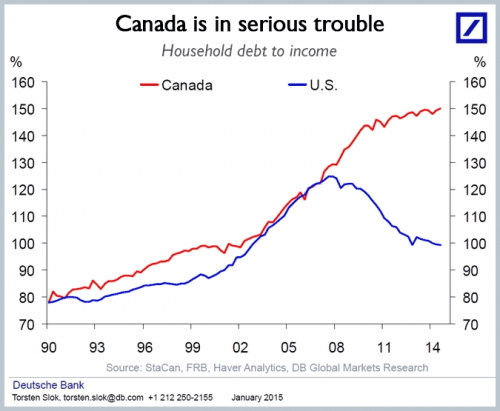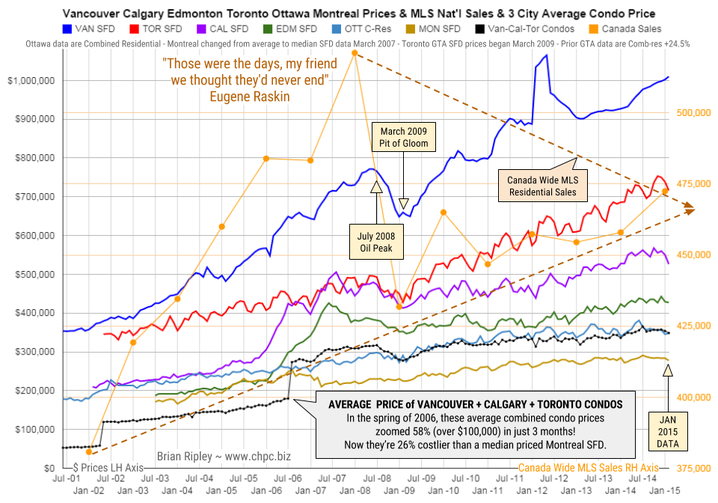 A grand slam in baseball, as many of you know, is a home run that is hit when the bases are loaded, in turn scoring four runs. It is the most potent move possible in a single play.
A grand slam in baseball, as many of you know, is a home run that is hit when the bases are loaded, in turn scoring four runs. It is the most potent move possible in a single play.
In a similar sense, obtaining real estate in a foreign country is an international diversification grand slam – it can accomplish four key goals all at once:
1. Move Savings/Wealth Abroad
Owning foreign real estate moves your savings and wealth offshore and therefore outside of the immediate reach of your home government. Unlike an intangible financial account, it is highly unlikely for your foreign real estate to be seized at the drop of a hat by your home country, without a literal act of war.
2. Create Other Internationalization Options
In most cases, owning foreign real estate in a country provides a valid justification for you to open a financial account in that foreign country (whereas you may not have been able to before). Obtaining real estate in a foreign country usually gives you some sort of residency, sometimes a shortened path to citizenship, and in the case of one particular country, immediate citizenship and a coveted second passport with visa-free travel to over 100 countries, including the Schengen Area (26 European countries). Owning foreign real estate provides you with a second home, potentially a place to retire, and an emergency “bolt-hole” that you could, in an instant, always escape to in case of trouble in your home country.
3. Portfolio Diversification
Foreign real estate is a tangible hard asset that has diversification benefits for a traditional portfolio of stocks, bonds, precious metals, etc. It has the potential for capital appreciation as well as the ability to generate cash in-flows in a foreign currency from rental income.
4. Privacy and Tax Benefits
Owning foreign real estate is one of the very few ways that Americans can legally keep some of their wealth abroad while retaining their financial privacy. If the foreign real estate is held directly in your name (i.e., not in a trust, LLC, real estate fund, partnership, etc.) it is not reportable (although any rental income must be reported). Additionally, certain expenses related to searching for, purchasing, and maintaining foreign real estate are tax deductible for Americans. As always, be sure to consult your tax professional.
Of course there are downsides to investing in foreign real estate, including the amount of paperwork usually required, its illiquidity, carrying costs, and country/market specific risks, among others. However, when those risks are weighed with the benefits above, it should be clear that owning foreign real estate is one of the best ways you can diversify your political risk.
Be sure to get the free IM Communiqué so that you have the latest on the best foreign real estate options.
One expert on foreign real estate whom we’d highly recommend is none other than Doug Casey, the original International Man. Doug’s been to over 175 countries and invested in real estate in a number them. He wrote a thick and detailed chapter on foreign real estate, including his favorite markets, for our Going Global publication, which is a must-read for those interested in this extremely important topic.

 Real estate investor Oliver Limcangco is finally living the dream after achieving financial freedom through his property portfolio. In a regular posting, the 31-year old shares his insights into how he acquired 26 doors and manages it all while travelling abroad.
Real estate investor Oliver Limcangco is finally living the dream after achieving financial freedom through his property portfolio. In a regular posting, the 31-year old shares his insights into how he acquired 26 doors and manages it all while travelling abroad.



 Our personality and behavioural traits impact every aspect of our personal and business lives. For new investors, these traits can help predict future successes. Although our behaviour can be modified over time, our personality is relatively stable over the course of our lives from the age of 18, so changing our behaviour can often be a difficult task and requires determination.
Our personality and behavioural traits impact every aspect of our personal and business lives. For new investors, these traits can help predict future successes. Although our behaviour can be modified over time, our personality is relatively stable over the course of our lives from the age of 18, so changing our behaviour can often be a difficult task and requires determination.









